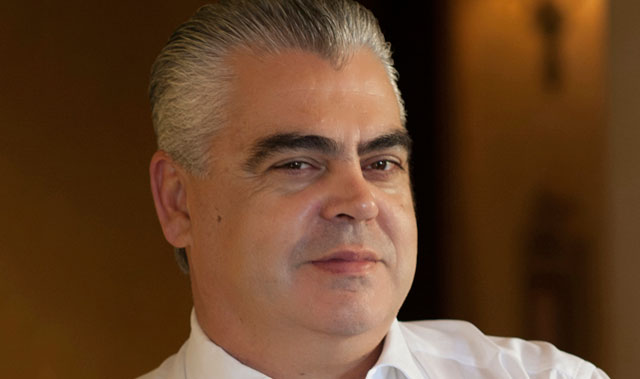
Third mobile operator Cell C intends investing R2,3bn in growing its national network in 2014, to address capacity problems and to cater for a fast expanding subscriber base.
The operator said on Tuesday that it had 16,6m subscribers at the end of April, a sharp expansion from the 13,6m it had at the end of last year.
“The network has had its challenges in the last couple of months,” said CEO Jose Dos Santos. “The team is working 24×7 to rectify that.”
Consumers, particularly in Gauteng, have complained that Cell C’s network has suffered serious performance problems. This prompted former CEO Alan Knott-Craig to promise to spend R200m in the short term to bolster the network in Gauteng.
In Gauteng, Cell C is swapping out its NSN-supplied radio network and replacing it with a more modern one from Chinese vendor Huawei. Phase one of this project is being done in Pretoria and the northern parts of the province. From 16 June, the focus will switch to the south, followed by the east of Gauteng from early September.
Dos Santos said that in 2013, Cell C built 439 new base stations, bringing the total at the end of December last year to 4 176.
In 2014, Cell C intends building 318 new sites by the end of September. Eighty-three of these have already been switched on, mainly in Gauteng, the Western Cape and KwaZulu-Natal.
“There is major work that has been done over the last eight months,” Dos Santos said. “We’re moving from microwave to fibre for much more capacity and bandwidth and upgrading our core transmission network and deploying additional fibre routes. We recently signed an agreement with Broadband Infraco, which has brought tremendous stability to our network.”
He added that Cell C no longer roams on rival Vodacom’s network in the central Durban area, having disconnected the “location area code”, or LAC, in the central business district. He said the quality of the network in that city now “supersedes what we had before” and that the company was “disconnecting LACs with Vodacom as time moves on”.
He said the roaming agreement remains important as it provides Cell C with a “fallback plan”. The company now carries 92% of its traffic on its own network, with the remaining 8% being handled by Vodacom. — (c) 2014 NewsCentral Media




